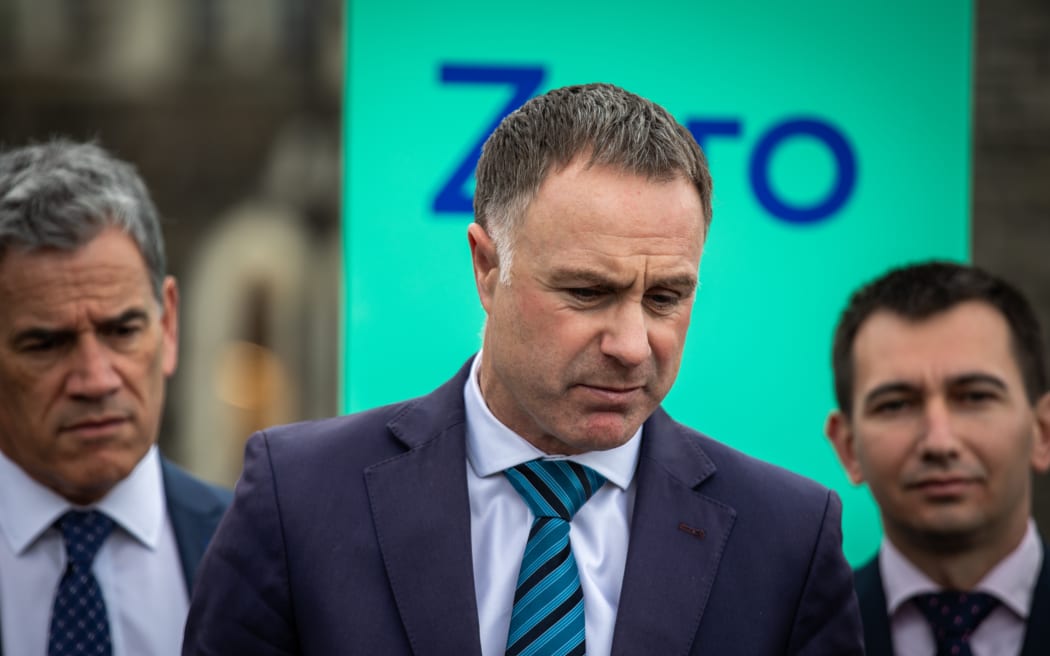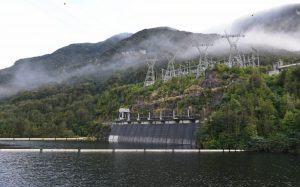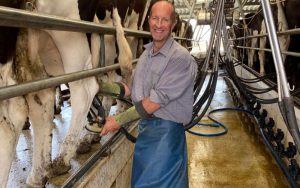
New Climate Change Minister Simon Watts may face tough questions at the upcoming global climate summit in Dubai.
Watts on Wednesday morning, just 48 hours after stepping into the role formerly held by James Shaw of the Greens, confirmed to Morning Report it was his intention to go. The two-week 2023 United Nations Climate Change Conference (COP28) starts on Thursday in the United Arab Emirates, a fossil fuel giant.
“We’re just working through some of the approvals, which is a normal protocol for these type of things – but, yeah, looking forward to that.”
This country’s official negotiating position, since July, is to advocate for a global phase-out of fossil fuels – but the new government intends to reopen New Zealand waters to oil and gas exploration – despite the United Nations saying the world is on track to produce around 110 percent more fossil fuels in 2030 than are needed to limit warming to 1.5C.
World Wide Fund for Nature spokesperson Kayla Kingdon-Bebb said New Zealand should officially be pushing strongly at the summit against further exploration, but that is now going to be a problem for both the negotiators and the minister.
“So it actually positioned New Zealand to advocate more strongly for a phase-out of fossil fuels in these negotiations. I do not envy New Zealand’s climate negotiators nor for that matter, the minister, in terms of what they’re going to have to front up to,” she told Morning Report.
“I was on the ground at the Pacific Islands Forum leaders’ meeting a few weeks ago – the positioning of our incoming government with respect to the reversal of the oil and gas ban was a fairly hot topic there.”
The extractive energy industry in New Zealand says fossil gas is needed to help the transition away from coal in energy plants, a position also held by the new government, Watts said.
In an interview before the election, Prime Minister Christopher Luxon committed to putting the climate change portfolio inside Cabinet – however that has not happened. The highly ranked Nicola Willis was named associate climate minister.
“We’ve obviously already seen that promise broken,” Kingdon-Bebb said.
Watts’ predecessor Shaw was also left outside of Cabinet during the Jacinda Ardern-led years.
– Listen to RNZ climate change reporter Eloise Gibson’s report duration3′ :10″
– Listen to RNZ climate change reporter Eloise Gibson’s report
Victoria University of Wellington climate scientist James Renwick told Morning Report he would love to see New Zealand play a role in combating climate change.
“We are tiny players globally in terms of the actual emissions New Zealand produces, but we can carry a lot of weight in negotiations. It’s the most serious political policy meeting in the world in any year it’s held, and I think all countries need to take it seriously… We live in this world where we’re burning fossil fuels to do everything, and that’s the world we need to move away from. So if you have to fly a meeting to talk about how to solve the problem, then so be it.”
Watts told Morning Report that New Zealand’s official position – at least for now – remained to advocate for the global phase-out of fossil fuels, despite reopening the country to oil and gas exploration.
“We’ve always said, and we have been clear, that the direction of travel is that we need to move away from fossil fuels and onto using renewable energy sources, particularly for transport. Renewable energy policy is fundamental to enabling that, and that’s the direction of travel that we’ll be getting in.”
Asked if he expected criticism at COP28 from other delegates over the U-turn on oil and gas exploration, Watts said no.
“I don’t think there will be. The reality is under the last government, we were importing coal from Indonesia. We need the ability to have a degree of fossil fuel energy to power and create electricity in this country, particularly in a transitional state.
“It’s our view that it’s better that we’re using gas in our backyard than importing coal from overseas.”
New Zealand’s coal consumption hit a three-decade low last year, after a spike in 2021, as use of renewables surged.
Simon Watts. Photo: RNZ / Nate McKinnon
He said the new government intended to stick to existing emissions reduction targets, but in a “different” way.
“We have a significant agenda within our first 100 days around the doubling of renewable electricity. That is an agreement that we, across the coalition, have all brought into that and that is going to be the key enabler of us getting there.”
National’s coalition agreement with ACT includes a promise to “review the methane science and targets in 2024 for consistency with no additional warming from agricultural methane emissions”.
Watts said he doubted this would put the government in conflict with the likes of Fonterra, which is pushing for methane reductions.
“I think these are vital long-term issues that need to be worked through carefully with our coalition partners over the course of what’s remaining of this year and into 2024, and alongside our industry and business that powers and feeds this country and many around the world.
“And it is critical that we are aligned in terms of the objectives to meet both 2030 and 2050. And you know what we need, as I’ve said before is a clear roadmap in order to get from where we are to where we need to be.”
The deal with ACT also includes a line that National’s promised 10,000 electric vehicle chargers nationwide by 2030 will be subject to a “robust cost benefit analysis to ensure maximum benefit for government investment”.
Watts said this did not meant the rollout was under threat.
“We’ve got agreement across the coalition to look at it, and Minister of Finance and Associate Climate Change Minister Nicola Willis will be looking at those things. We’re looking at making sure that there’s cost-benefit, but that’s consistent with all portfolio areas across the entire government sector. And I think that’s sensible.”

























